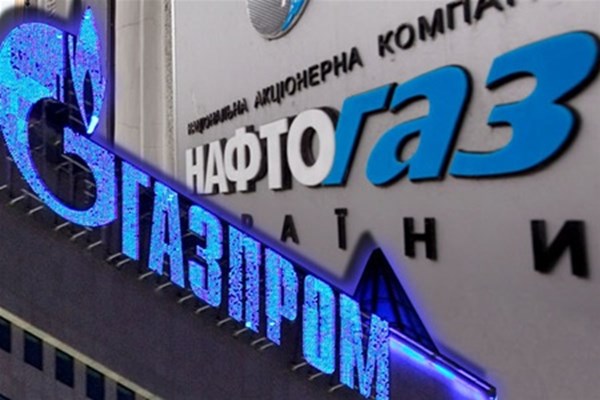Gazprom loses appeal in court case with Ukraine's Naftogaz
The Svea Court of Appeal has re-authorized the seizure of Gazprom’s assets in order to collect $2.6 billion in favor of Naftogaz Ukraine.
On Thursday, the Swedish court removed the temporary suspension of the fine enforcement measures, which had been introduced in June at Gazprom’s request, Reuters reports.
The Russian gas company asked to have the original ruling of the Stockholm Arbitration Institute revoked on the basis of external interference in the process. Citing a “world renowned expert linguist,” Gazprom claimed that the verdict had not been written by the arbitrators, but by a certain third party.
The petition was sufficient to have the mandatory collection suspended, but once the court became familiar with the Ukrainian party’s arguments, it rejected Gazprom’s appeal.
Naftogaz can now have Gazprom’s assets in Sweden seized, noted Naftogaz commercial director Yuriy Vitrenko.
“Gazprom must immediately comply with the Arbitration Institute’s ruling. Until then, we will continue the mandatory enforcement in all countries,” he added.
At the end of May, at Kyiv’s request, court officers seized Gazprom’s assets in Switzerland, including its shares in Nord Stream AG and Nord Stream 2 AG, the companies responsible for the gas pipeline projects of the same names.
One week later, Gazprom’s shares in its subsidiaries in the Netherlands were seized, and on June 19, the Commercial Court of London authorized the freezing of Gazprom’s assets in the UK.
The Russian company is obligated to give Naftogaz a list of its property in England and Wales that exceeds $50,000 in value. The court also banned Gazprom from attempting to withdraw capital from the country and reduce the value of its frozen assets.
As a result, Gazprom found itself cut off from the international capital market: the risk arose that any funds solicited by the company through bond issuances would be seized, a source close to the company told Reuters. In June, Gazprom planned to issue eurobonds in British pounds, but had to cancel the placement. According to Reuters, its entire foreign borrowing program was still frozen at the start of September.
Gazprom’s press service said that the company would continue to defend its own interests, and would attempt to have the ruling reviewed.
